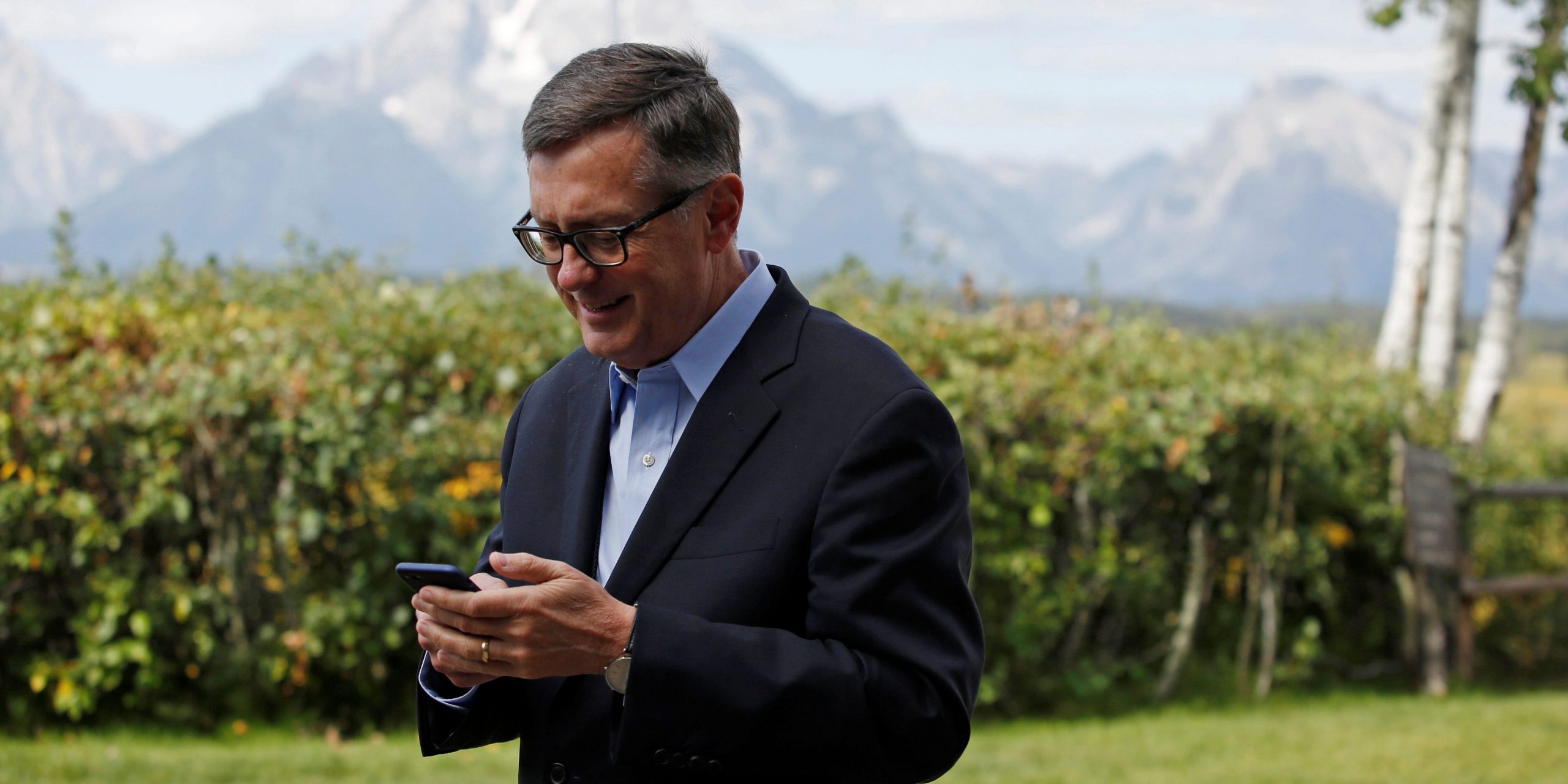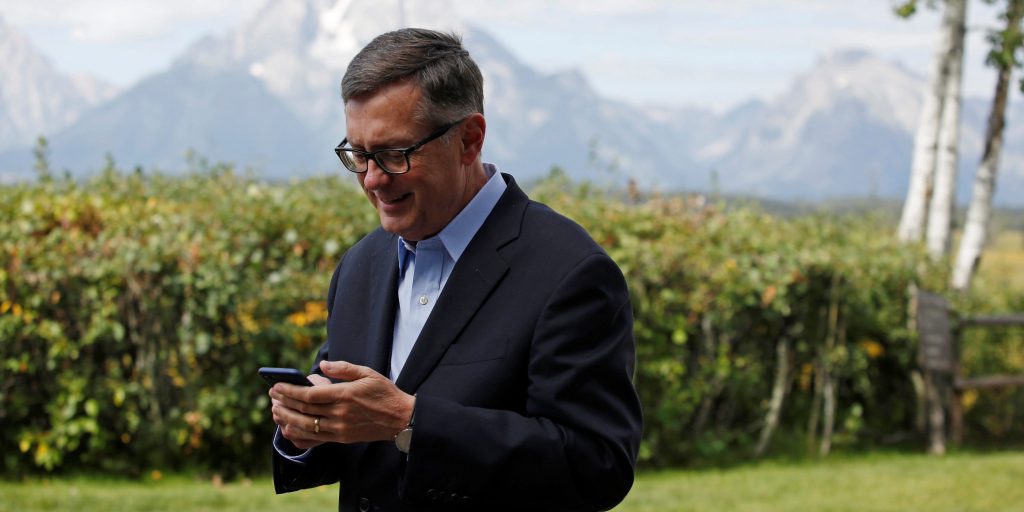
- Federal Reserve Vice Chair Richard Clarida said Monday he plans to resign on Friday.
- The resignation arrives two weeks earlier than anticipated and amid scrutiny over his 2020 stock trades.
- Government disclosures showed Clarida trading stock funds before a key Fed announcement in 2020.
Federal Reserve Vice Chair Richard Clarida will step down from his position on Friday — two weeks earlier than planned — amid fresh scrutiny around stock trades made early in the pandemic.
While the Fed's announcement didn't state a reason for Clarida's early departure, the move comes after Clarida landed in hot water for early 2020 stock trades. October disclosures showed him piling cash into stock funds on February 27, 2020, one day before the Fed hinted at possible policy action to aid the US economy. The central bank rolled out unprecedented policy supports weeks later that spurred economic activity and helped financial markets rebound through 2020.
Clarida faced backlash again in early January after updated disclosures shed more light on the trades. The corrected documents showed Clarida pulling cash out of stocks on February 24, 2020 before pushing money into stock funds three days later. The Fed first described the February 27 trades as appropriate "rebalancing," but the in-and-out trades raised new questions around the trading activity. The New York Times first reported on the revised disclosures.
The vice chair is now slated to resign on Friday instead of his term's expiration date on January 31.
"Rich's contributions to our monetary policy deliberations, and his leadership of the Fed's first-ever public review of our monetary policy framework, will leave a lasting impact in the field of central banking," Fed Chair Jerome Powell said in a statement.
Serving on the central bank's board of directors was "a distinct honor and immense privilege," Clarida told President Joe Biden in a Monday letter.
Clarida is one of a handful of Fed officials to face scrutiny over their pandemic-era stock trades. Boston Fed President Eric Rosengren and Dallas Fed President Robert Kaplan were both urged by watchdog groups to resign in September after disclosures revealed both regional presidents traded stocks ahead of the central bank's policy easing. Rosengren announced an early retirement on September 27 citing health concerns, while Kaplan directly acknowledged his trades when he announced his early resignation that same day.
The Fed rolled out new investment restrictions in late October as it looked to clamp down on ethically questionable trading in the wake of the scandal. The rules ban policymakers and senior staff from buying individual stocks, holding individual bonds, and investing in alternative market products like derivatives. Investing in mutual funds is allowed, but positions must be held for at least one year before officials can exit.
The updated rules should help the Fed avoid similar conflict-of-interest controversies, Powell said in an October statement.
"These tough new rules raise the bar high in order to assure the public we serve that all of our senior officials maintain a single-minded focus on the public mission of the Federal Reserve," he added.

